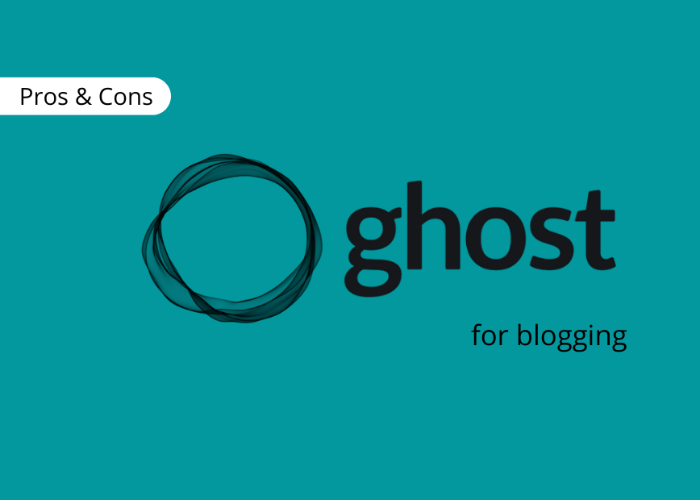In the ever-evolving landscape of online content creation, choosing the right blogging platform is crucial for the success and growth of your website. Among the plethora of options available, Ghost has emerged as a compelling choice for bloggers seeking a sleek, publishing-focused platform. However, beneath its polished exterior lie certain limitations and drawbacks that may make it less suitable for some users. Let’s delve deeper into why Ghost might not be the optimal choice for everyone.
1. Customization Constraints:
Ghost’s minimalist design ethos, while aesthetically pleasing to many, can be a double-edged sword when it comes to customization. Unlike platforms like WordPress, which offer extensive theme options and a vibrant ecosystem of plugins, Ghost’s customization options are relatively limited. While it does support custom themes, the process can be more involved, requiring knowledge of web development languages such as HTML, CSS, and Handlebars. For users who prioritize full control over the look and feel of their blog, Ghost’s lack of flexibility may be a significant drawback.
2. Technical Proficiency Required:
While Ghost aims to streamline the blogging experience, it still demands a certain level of technical expertise, particularly for self-hosted installations. Setting up a Ghost instance involves tasks such as configuring servers, managing databases, and deploying code, which can be daunting for users without a background in web development or server administration. Additionally, while the Markdown editor is favored by some for its simplicity, it may pose a learning curve for those accustomed to visual, WYSIWYG editors.
3. Sparse Plugin Ecosystem:
The availability of plugins can significantly enhance a blogging platform’s functionality and extend its capabilities. Unfortunately, Ghost’s plugin ecosystem lags behind that of its competitors, most notably WordPress. While there are some third-party integrations and extensions available, the selection is far more limited. This can be a significant drawback for users who rely on plugins for features such as SEO optimization, social media integration, e-commerce functionality, and more.
4. Pricing Model:
While Ghost offers a free, open-source version of its platform, many of its advanced features are locked behind paid subscription tiers. The pricing model can be a point of contention for individuals and businesses operating on a tight budget. Additionally, the pricing structure itself can be somewhat opaque, with different tiers offering varying levels of features and support. This lack of transparency can make it challenging for users to determine which plan best suits their needs and budget.
5. Community and Support:
A vibrant and engaged community can greatly enrich the user experience of a blogging platform, providing valuable resources, support, and inspiration. However, Ghost’s community and support ecosystem are relatively smaller and less active compared to platforms like WordPress. Finding comprehensive documentation, troubleshooting guides, or active forums dedicated to Ghost can be challenging. This can result in a more isolated blogging experience, particularly for users who rely on community support for assistance and guidance.
6. Long-Term Viability:
As a relatively newer player in the blogging platform arena, Ghost’s long-term viability and commitment to ongoing development and updates may be a concern for some users. While the platform has made significant strides since its inception, its future roadmap and ability to adapt to evolving trends and technologies remain uncertain. Users may be wary of investing time and resources into a platform that could potentially stagnate or become obsolete in the future.
This is why you should look into Ghost alternatives like Hyvor Blogs, WordPress, Medium, Blogger, Webflow, Wix, etc.
In conclusion, while Ghost offers a streamlined blogging experience with its minimalist design and publishing-focused features, it may not be the best fit for everyone. Users who value extensive customization options, a robust plugin ecosystem, user-friendly interfaces, and comprehensive support networks may find other platforms better suited to their needs. Ultimately, the choice of a blogging platform depends on individual preferences, technical proficiency, budget constraints, and specific requirements for content creation and publishing.





